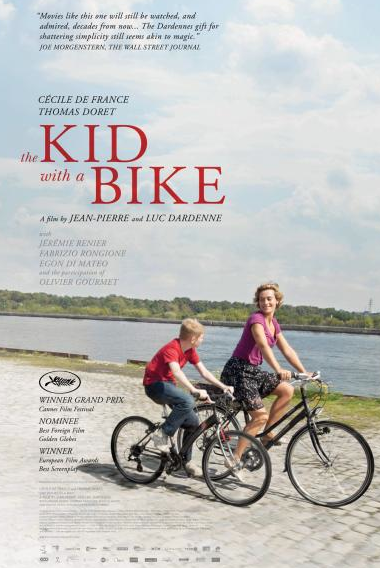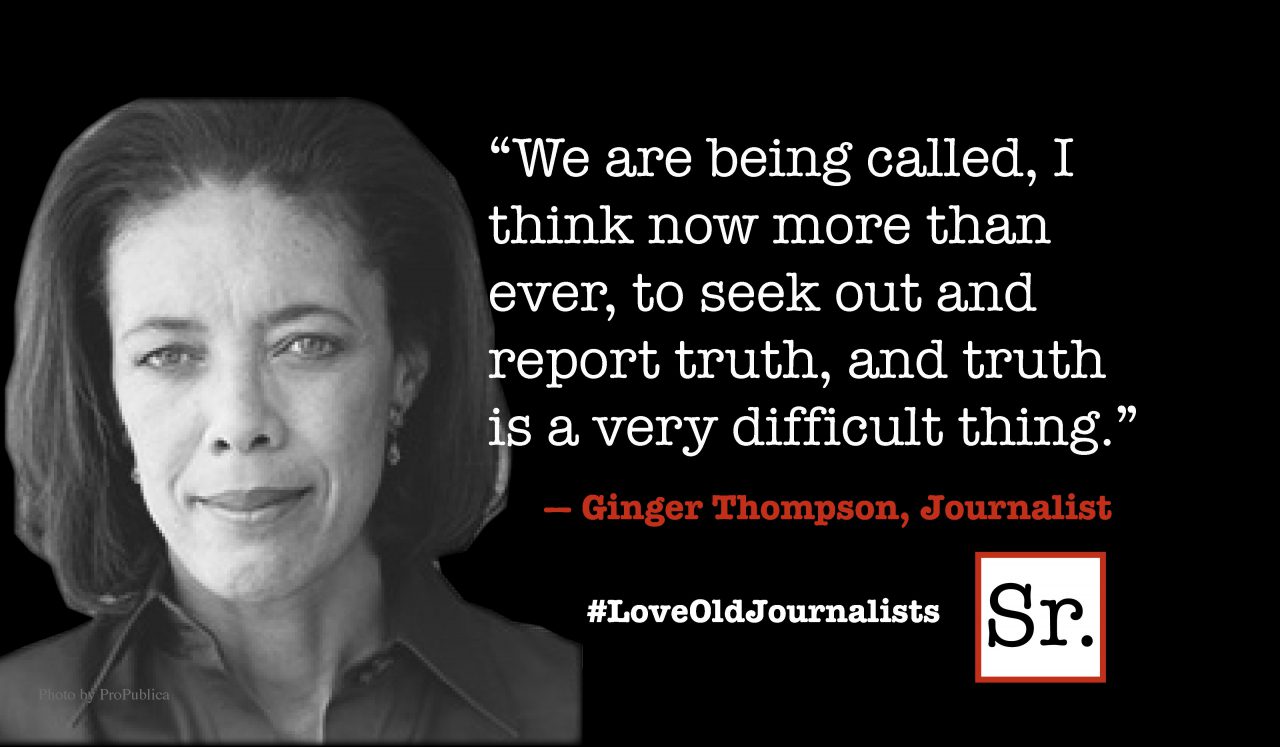Nobody ever seems like they’re acting in the films of siblings Jean-Pierre and Luc Dardenne. Everything is so natural and unforced that any actorish method would stand out like a pimple on the face of the Mona Lisa.
Maybe that’s because the Belgian duo invariably center their films on children, usually portrayed by untrained first-timers who are so good at just being that acting would be superfluous. The troubled title character of “The Kid With a Bike” is Cyril (Thomas Doret), who, as the movie begins, is living in a group home for youngsters.
Cyril believes with every fiber of his being that he doesn’t belong there. He has a father, he protests, and they live in an apartment. Some terrible miscarriage of justice has brought him to this prison. He’s driving his counselors/keepers crazy with his stubborn, sullen attitude and his regular escape attempts.
On one such foray, he makes it to his old apartment, only to find it empty. Cyril’s father — and his beloved bicycle — are nowhere to be found. Slowly it sinks in that he’s now on his own.
Understandably, this makes for a very angry kid. Salvation comes in the form of a neighborhood hair stylist, Samantha (Cecile de France), who buys the bicycle back from the neighborhood kid who purchased it from Cyril’s father. She returns the little fugitive and his bike to the group home and then agrees to let the kid visit her on weekends.
This is the sort of setup that an American filmmaker would milk for every last drop of pathos. The Dardennes aren’t having any of that. “The Kid With a Bike” is terse and austere. It eschews the big dramatic gesture, opting instead for a matter-of-fact realism. Young Doret sets the tone here, and the adult players simply follow his lead.
Though she’s a big star in France (she was the lead in Clint Eastwood’s “Hereafter”), de France is so low-keyed and unforced as Samantha that at first I wasn’t sure who this actress was … or if she was even a professional.
The other major character here is Cyril’s missing dad, whom he tracks down in the kitchen of a restaurant. It says volumes about the generosity of the Dardennes that this lowlife (Jeremie Renier) is presented both as criminally selfish and as painfully childlike … as if you could get rid of a son as easily as you sell a used bicycle.
Late in “Kid” a bit of melodrama creeps in when Cyril falls under the influence of an older boy who cons him into committing a crime. But the Dardennes finesse even this looming speed bump. Their charitable but clear-eyed view of humanity has no need for overstatement.









